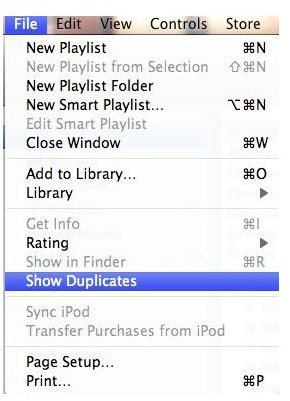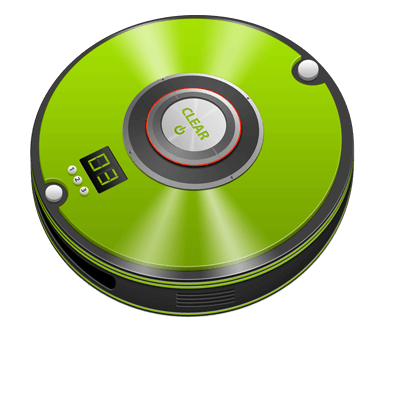
Probably most perl and python programmers can do the same, a bit faster, as could any moderately experienced emacs user. Any semi-competent beginning C programmer should be able to type it in under a minute. I don't think I'll bother posting the program. Presumably when DRM goes away, that little window will also go away, and I'll bet that the tunes will play. As I expected, iTunes popped up a little window saying that it needed to check the tune's registration, showing me the name, and asking for a password.

Then, of course, I did the same trick, replacing my name with a different name of the same length. I then told iTunes to load that file - and it played fine. m4p files, with my email address replaced by a fake email address of the same length. It's quite handy, and I use it all the time. Years ago, I wrote a little command-line app that just does a simple string substitution and writes the result to stdout. Adding a few greps to filter out the printable binary junk, I quickly found my name and email address.Īs for someone writing a tool to replace them, I found that I already had one. m4p files, and run the strings command on them.
ITUNES REMOVE DEAD TRACKS DUPE AWAY MAC
The first thing I did after reading the summary was to pick up my Mac Powerbook, cd into my Music/Itunes directory, find a couple of. Seriously, am I the only person in the entire world who runs strings or emacs on binary files just to see what might be in them? People are acting like this is completely new, when it's been happening for years now. You can probably find the news articles about it from years ago, and again from a couple of years ago when iTunesPlus was started about how the AppleID of the purchaser was embedded in the file.

So the very first time you used the iTunes store years ago, personal information was attached - it wouldn't have shown up with change bars because that part has not changed. Heck, when Hymn was available (removed FairPlay from purchased music, and this was 5+ years ago), it kept the personal information to prevent people from P2P'ing the newly unlocked music. This has always been the case since the iTunes store opened! It's not news, it's several years old. My only gripe on these sorts of changes in terms of service is that I think they should highlight what has recently changed. I'm betting 99.9999% of the folks just clicked accept without reading the new terms. My guess is that if you actually read the whole thing, it would have told you that personal info is attached to files you download. I seem to recall a recent change in terms of service.


 0 kommentar(er)
0 kommentar(er)
